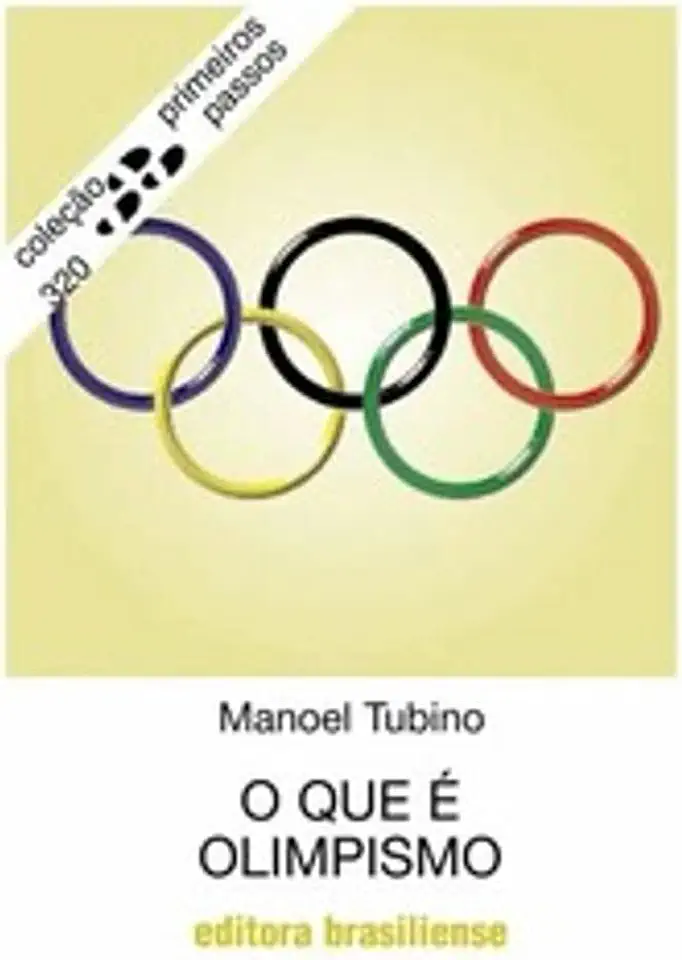
What is Olympism? - Manoel Tubino
What is Olympism? - Manoel Tubino
A Comprehensive Exploration of the Olympic Movement
In his groundbreaking book, "What is Olympism?", Manoel Tubino takes readers on an enlightening journey into the heart of the Olympic Movement, delving into its history, philosophy, and enduring impact on global society. With meticulous research and a passion for the subject, Tubino presents a comprehensive analysis of the Olympic Games, offering a fresh perspective that will captivate sports enthusiasts, historians, and anyone interested in the power of sport to unite and inspire.
The Essence of Olympism: A Timeless Ideal
At the core of Tubino's exploration lies the essence of Olympism, a philosophy that transcends mere athletic competition. He argues that Olympism is not just about winning medals or breaking records; it is about promoting human excellence, fostering cultural exchange, and building bridges between nations. Tubino traces the origins of Olympism back to ancient Greece, where the Olympic Games were not only a celebration of athletic prowess but also a sacred ritual that brought together people from different city-states, fostering unity and peace.
The Evolution of the Olympic Movement: A Global Phenomenon
Tubino meticulously chronicles the evolution of the Olympic Movement from its humble beginnings in the late 19th century to its current status as a global phenomenon. He highlights the key figures who shaped the movement, including Pierre de Coubertin, the visionary founder of the modern Olympic Games, and Juan Antonio Samaranch, the influential president who transformed the Olympics into a truly global event. Tubino also examines the challenges and controversies that the Olympic Movement has faced over the years, from political boycotts to doping scandals, and how it has adapted and grown in response to these challenges.
The Olympic Games: A Symbol of Unity and Inspiration
The centerpiece of Tubino's book is an in-depth analysis of the Olympic Games themselves. He explores the various elements that make the Games so captivating, from the opening ceremony's grandeur to the fierce competition on the field of play. Tubino argues that the Olympic Games are not just a sporting event; they are a powerful symbol of unity, peace, and the pursuit of human excellence. He provides vivid accounts of iconic Olympic moments, such as Jesse Owens' triumph in 1936 Berlin and Muhammad Ali's lighting of the Olympic cauldron in 1996 Atlanta, illustrating how the Games have the power to transcend boundaries and inspire people around the world.
The Legacy of Olympism: A Force for Good
Tubino concludes his book by examining the lasting legacy of Olympism and its impact on society. He argues that the Olympic Movement has played a significant role in promoting international understanding, cultural exchange, and social progress. Tubino highlights the positive impact of the Games on host cities, the development of sports infrastructure, and the promotion of grassroots sports participation. He also explores the role of Olympism in promoting gender equality, inclusivity, and the fight against discrimination, showcasing how the Olympic Movement has evolved into a force for good in the world.
Conclusion: A Must-Read for Sports Enthusiasts and Historians
"What is Olympism?" is a must-read for anyone interested in the Olympic Movement, sports history, and the power of sport to shape society. Manoel Tubino's comprehensive analysis, engaging writing style, and passion for the subject make this book an invaluable resource for scholars, sports enthusiasts, and anyone seeking a deeper understanding of the Olympic phenomenon. With its wealth of information, thought-provoking insights, and compelling narrative, "What is Olympism?" is a book that will leave a lasting impression on readers and inspire them to embrace the ideals of Olympism in their own lives.